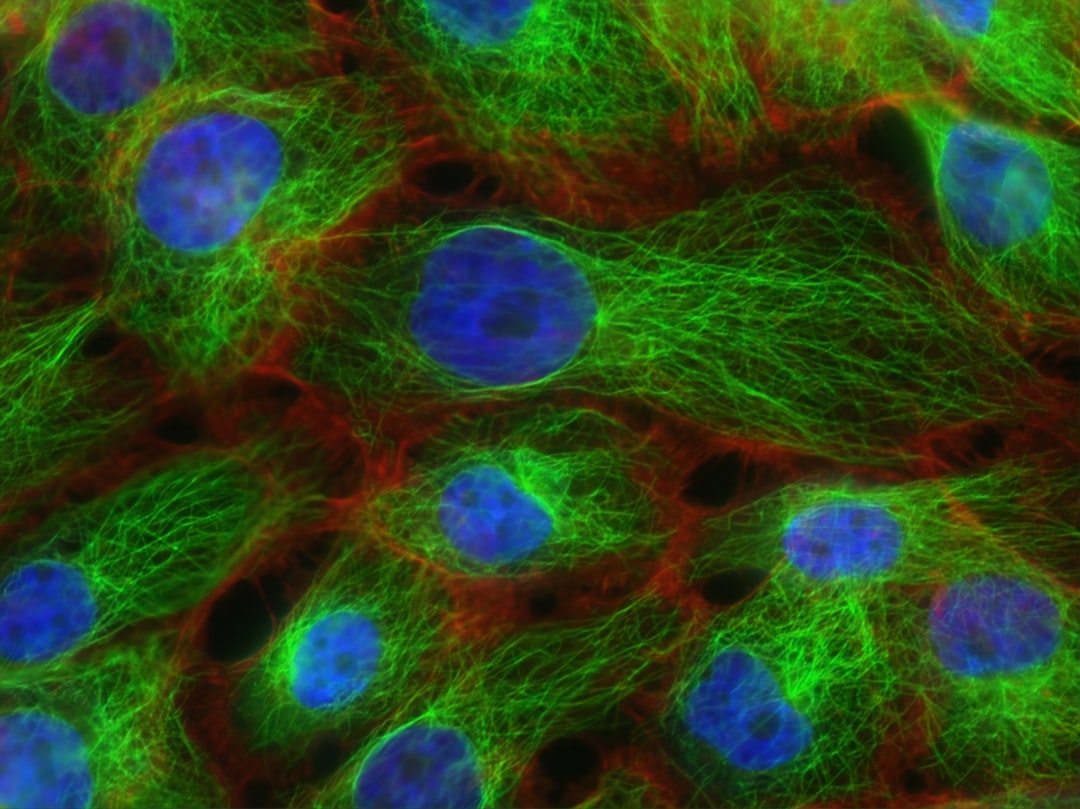What is it about?
This Focus piece highlights the recent finding that a key enzyme involved in cholesterol synthesis, squalene monooxygenase (SM), has a key role in the development of liver cancer. This piece highlights the original work published in the same issue of Science Translational Medicine.
Featured Image
Why is it important?
Cholesterol has diverse roles and now, we know high cholesterol is associated with a number of cancers. This reliance of cancer cells on cholesterol means we have another way to target cancer cells. Here, we highlight that squalene monooxygenase (SM) increases cholesterol production and also reactive oyxgen species. These feed into a pathway that results in liver cancer progression. This novel finding by Liu et al. provides as a new mechanism to understand liver cancer and how cholesterol makes liver cancer worse.
Perspectives
This article is a new way of writing for me. We write about the original research produced and furthermore, extend their findings by discussing it in the context of the literature. It turns out that squalene monooxygenase (SM) has been proposed to be able to promote prostate cancer and breast cancer. This is most likely due to the increased cholesterol levels, yet different cells and different diseases behave differently. Deeper understanding and more research will allow us to know if there is a generalizable mechanism by which SM is involved in cancer. I hope this Focus piece will persuade you that the world of cholesterol metabolism is highly complex and is worth exploring in the context of cancer.
Mr Ngee Kiat (Jake) Chua
University of New South Wales
Read the Original
This page is a summary of: Cholesterol, cancer, and rebooting a treatment for athlete’s foot, Science Translational Medicine, April 2018, American Association for the Advancement of Science,
DOI: 10.1126/scitranslmed.aat3741.
You can read the full text:
Resources
Contributors
The following have contributed to this page










